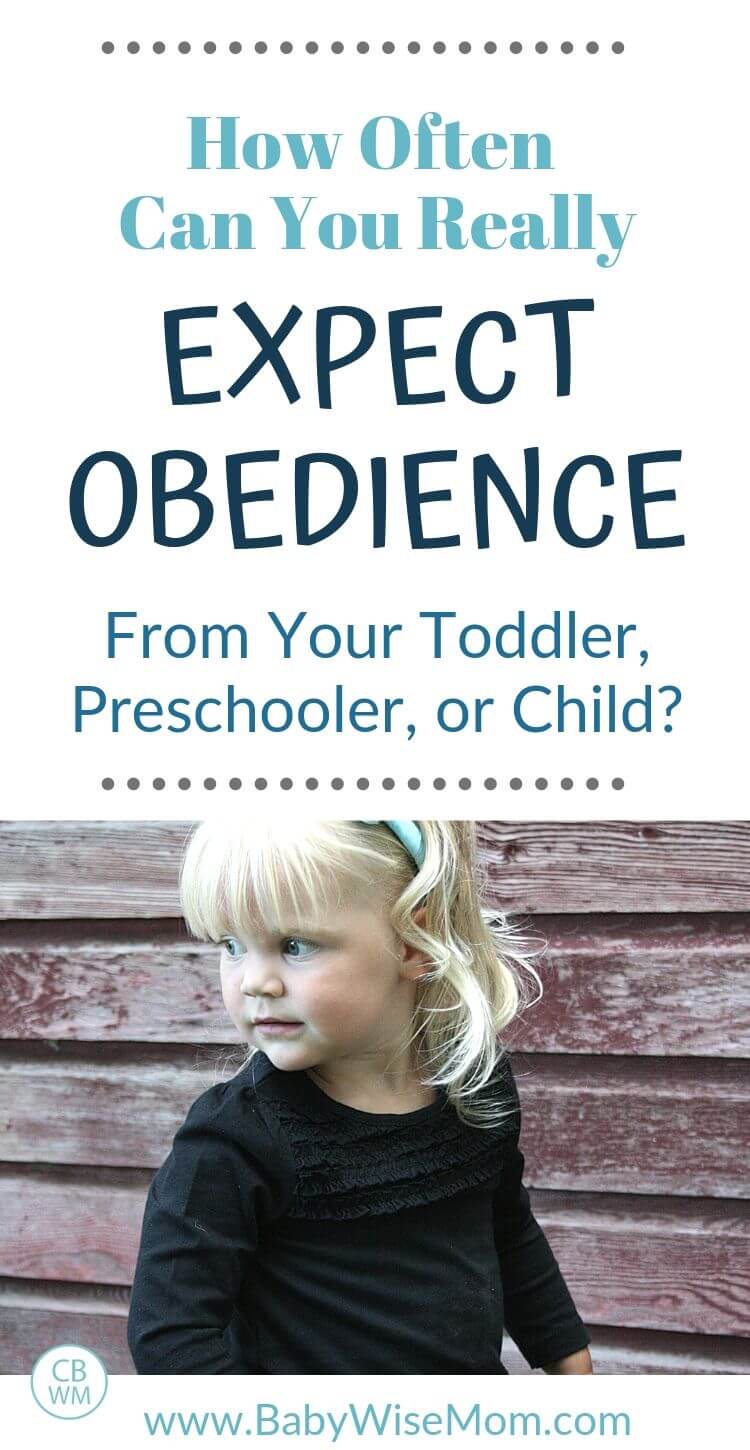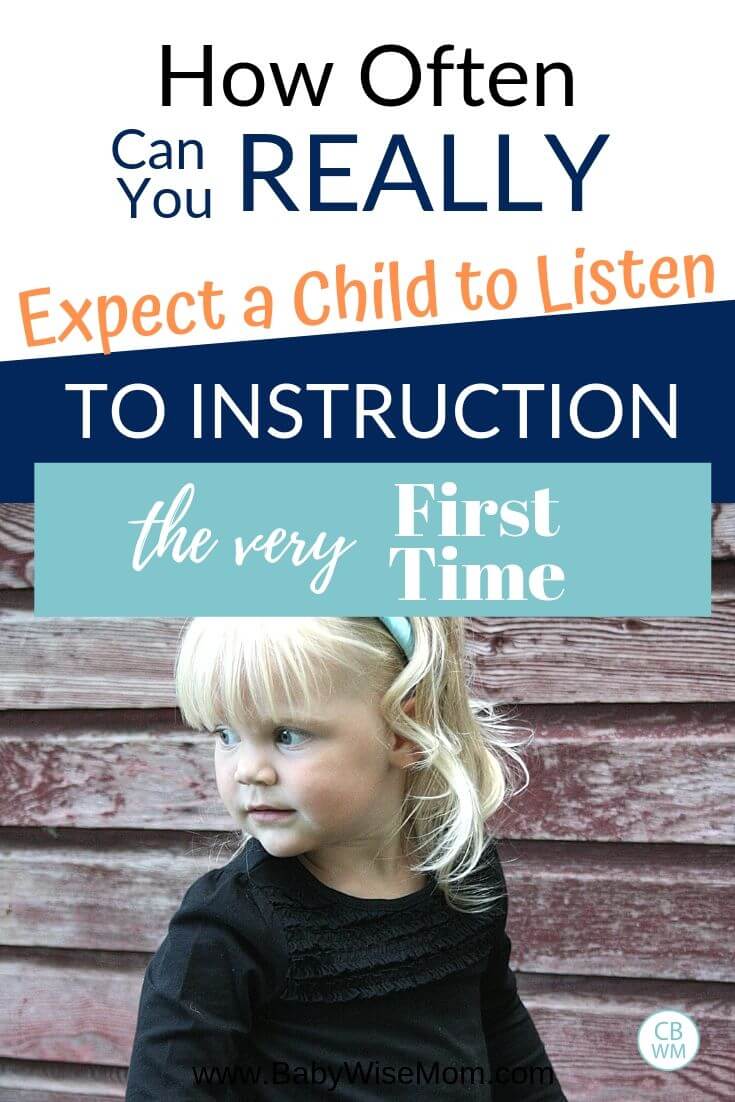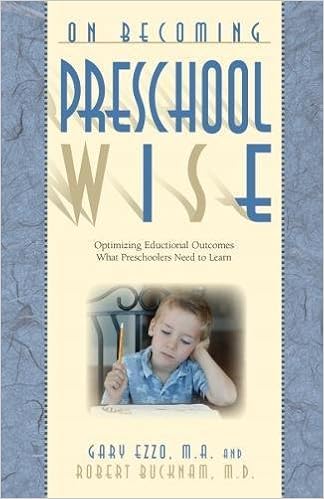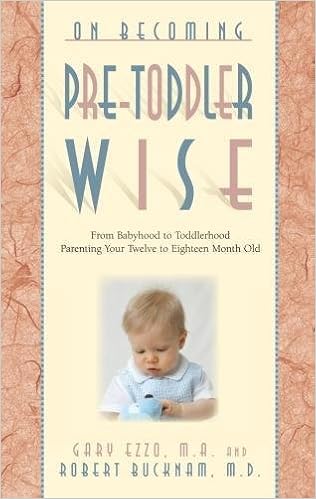You might feel hopeless when your child disobeys, but did you know it is NORMAL for a child to not always listen? Read proper expectations here.

Chances are when you give your child of any age an instruction, you are hoping your child will obey. You want your child to listen and the reason you have told your child something is because it needs to happen.
Am I on the right track?
Chances are also very high that there are times your child does not listen to you.
Stab to the heart!
When your child does not listen, you can quickly wonder what you have done wrong and/or what is wrong with your child’s daily life to lead to this disobedience.
It can be a very good idea to look to yourself and make sure you don’t need to change something about the way you are parenting. It is also a good idea to wonder if your child needs a change to the schedule or routine somehow.
But sometimes your child disobeys simply because your child is a child.
Not only that, your child is a human child.
Humans are notorious for pushing boundaries and doing things they have been told not to. When is the last time you did something you knew you shouldn’t (like…maybe trying to make it to that appointment you might be late for or something…)?
We humans make mistakes.

Post Contents
Realistic Expectations for Obedience
In short, your child will not obey you perfectly.
We set high goals. That is good. We also need to set realistic expectations to go hand in hand with those goals.
In On Becoming Toddlerwise, the author Gary Ezzo gives a list of compliance percentages to expect from different age groups. These percentages are well worth taking note of and ingraining in your memory.
I think most Babywise moms are the type to strive for 100%. When we don’t get 100% from our children, we start to worry why they are being so disobedient.
Notice that I said “when” and not “if.”
When your child disobeys.
If you look at life realistically, you can’t expect 100% from your child. Just as you aren’t perfect, your child isn’t perfect. Your child can’t perform perfectly. Everyone makes mistakes.
So what can you reasonably expect? I believe the percentages given in Toddlerwise will leave you feeling happy. They are quite attainable:
- 2 Year Old: For a two year old, or toddler, obedience means that he “complies with your instructions at least sixty percent of the time” (page 94) 60%
- 3 Year Old: For a three year old, or preschooler, you are aiming for 70%
- 5 Year Old: For a five year old, you can reasonably expect 85%-90%
As you look at these percentages, think of them as building on each other. If you start today to expect first time obedience from your five year old, do not erroneously think you will get 85-90% based on the age. You will have to work up to it.
With that in mind, do not expect 60% from your toddler if you have not yet been expecting your toddler to obey. If you did not set discipline foundations for your baby, you will need to build those now and work up to 60% listening rates.
Read: Discipline Methods for Baby 10 Months and Up
How To Handle Disobedience
Does this mean you expect 60% and then allow things to slide 40% of the time?
No.
You still work on obedience 100% of the time. You still correct your child during that 40% of the time that your child disobeys. Read up on my tips on the basics of discipline here if you need help getting started.
What you do not do is freak out. You don’t freak out and wonder why your child is so difficult. You do not think you are a terrible failure and you do not think your child is a lost cause.
You do not start to question what is going to happen during the teenage years because your child is clearly unable to control himself.
Take a deep breath and work toward getting a higher percentage in the future. You attain a higher percentage in the future by responding correctly now. You correct, you stay calm, and you move forward.
Are you worried this is going to give your child low expectations? Having high expectations can be good, but too high can be bad. Toddlerwise warns against having too high of expectations. If you set the bar too high too early “it will only lead to frustration for you and the child” (page 95). You want to set your child up for success. Conversely, if you set the bar too low, your child will be out of control.
Correct, but stay loving and positive.
Read: How To Deal With Toddler Tantrums
Conclusion
Remember your child is learning as he grows. Rome wasn’t built in a day, so the saying goes. Your child’s self-control won’t be mastered in a day. Is your self-control mastered? Probably not. There are probably areas you are weak in. Your child will work on this throughout his lifetime. It is a process for everyone. Have some patience and help your child be the best he can for his age. He will get there.
Get Your -Wise series books here
Related Discipline Posts
- How To Teach Your Child To Come When Called
- Why You Can Give Your Baby Rules and Boundaries
- How To Allow Children To Feel Without Acting Out
- How To Correct Your Preteen











Thanks for this reminder. My husband and I try to remember this as often as we can — it really does help us realize that Abby (our almost 3 yr old) is doing well. I still read your blog everyday – and I tell others about it. You are a blessing!
Thanks Tanya!
Just curious – what about the almost 2 year old? It seems he understands exactly what he's doing wrong when he spits or hits because he smiles as if he got away with something and when we say no no he does it again! We've started the naughty step which is affective for 30 sec – no longer – but he sometimes goes back to hitting as soon as we pick him up off the step.
The almost two year old would be under 60%–but close to it.See the discipline blog label or the blog index under discipline for lots of different ideas on discipline.
Thank you so much for posting this! Your blog is very helpful!
You are so welcome Josie!
My two year old is constantly throwing fits when he doesn’t get what he wants. Whether it’s getting dressed, not getting to watch tv, if he doesn’t like something he will throw a fit. And his fits are really really stressful. He will kick and cry and he calms down here and there but then just strays it up again. This just started happening when he turned 2n he has a very healthy diet and eats really good. I simply think he’s just doing it to get a reaction from me or anyone: he can even get himself out of his car seat. It’s boggling my mind this all just started happening about a month ago. Any advice would be helpful because I feel like I may be loosing my mind.
One thing I check with toddlers with sudden behavior like this is sickness–especially ear infections. It could also be teething pain. Pain and sickness can really affect behavior. It is also very normal for toddlers to have tantrums. I have a lot of posts on tantrums, so I would recommend ou read through all of those and get some insight and ideas on what to do and what not to do.